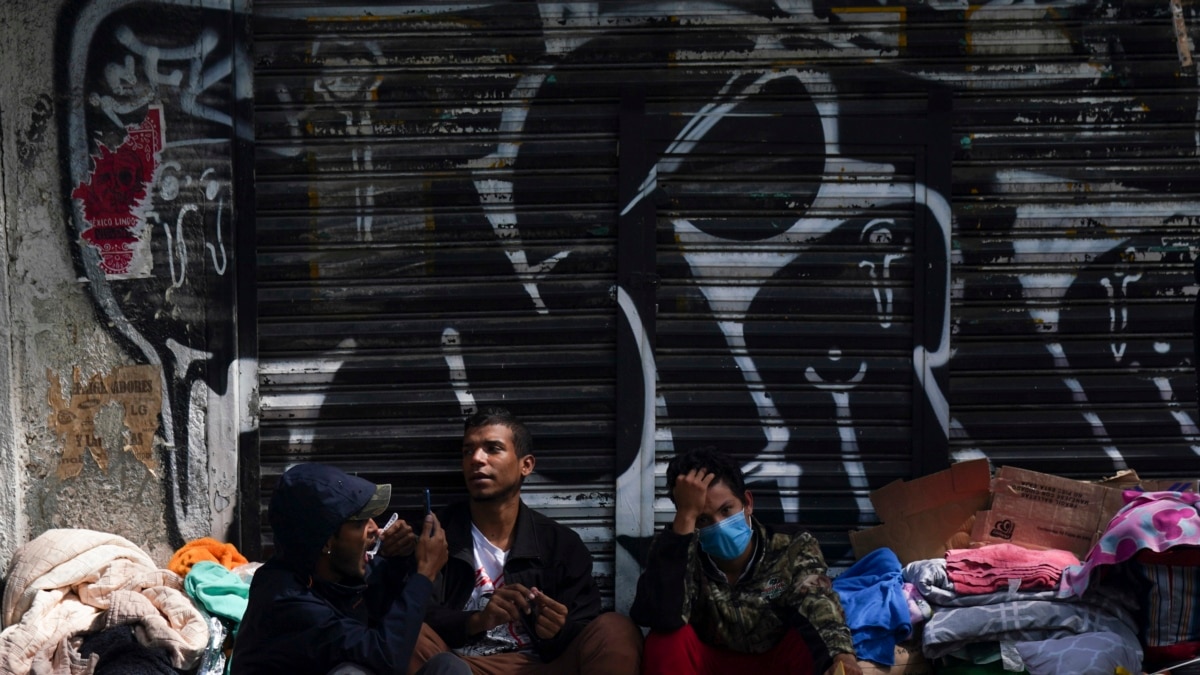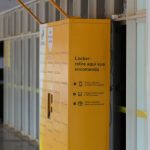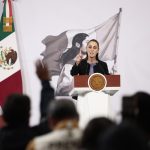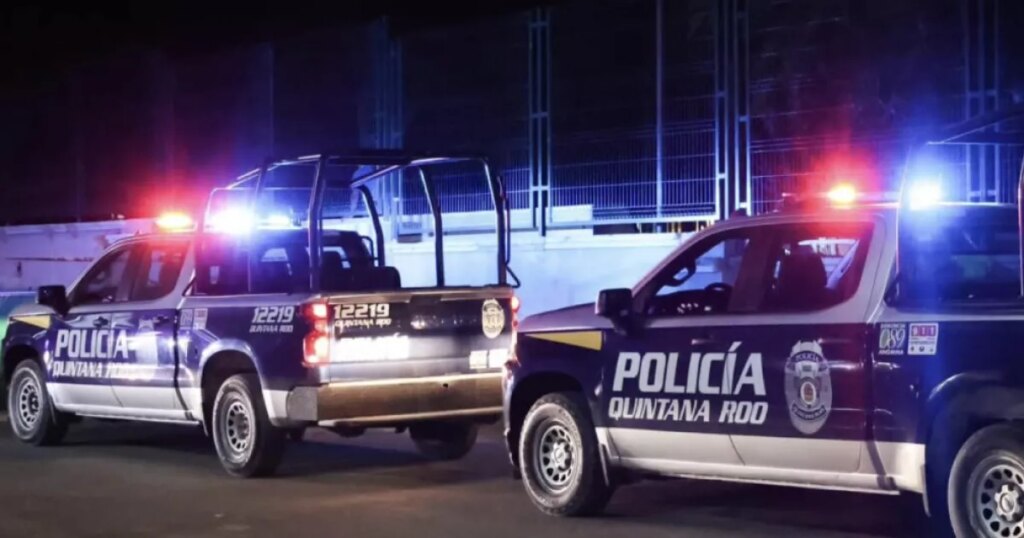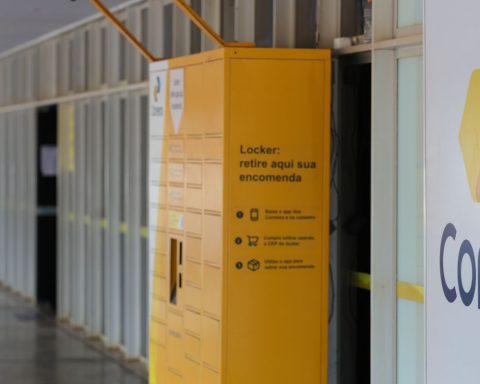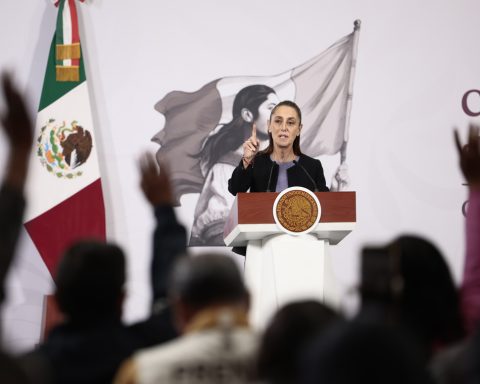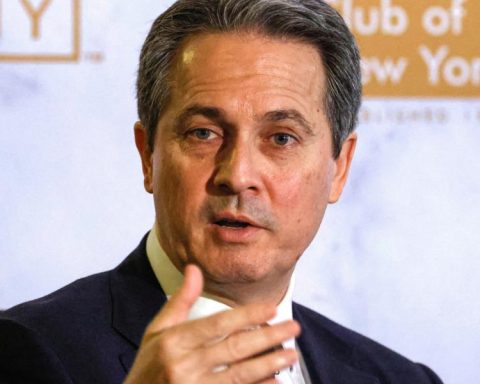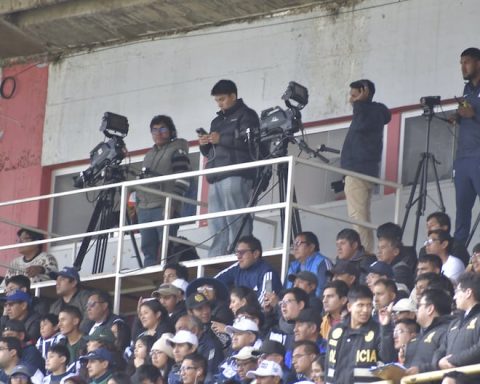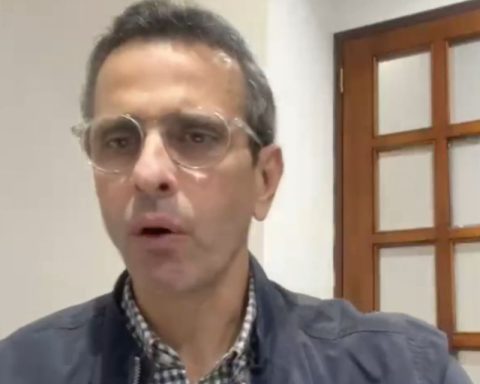The United States government affirmed on Thursday that it will fight until the last judicial instances to keep in force your new parole program for 30,000 citizens of Cuba, Haiti, Nicaragua and Venezuela per month, after 20 North American states will file a lawsuit against the immigration plan.
“We do not agree with the lawsuit. We believe that it is within our authorities to promulgate these processes and we are willing to litigate that claim to the Supreme Court, if that were the case,” said the Undersecretary for Border Policy and Immigration of the Department of Homeland Security (DHS), Blas Nuñez-Neto.
“We cannot project the future,” said the senior official this Thursday, during his participation in a special broadcast on the new humanitarian program through the social networks of the office of the Washington ambassador to Venezuela, James Story.
Nuñez-Neto insisted on remarking that, so far, “there is nothing to worry about” with respect to the judicial action of those 20 states.
This Wednesday, it was learned that 20 states controlled by governors of the Republican Party filed a lawsuit the day before in a federal court in Texas to request suspension from the program recently announced by the Biden administration.
Such humanitarian parole would benefit those who have a sponsor who demonstrates that they can financially support applicants from Cuba, Haiti, Nicaragua and Venezuela.
The plaintiffs filed their petition against the Department of Homeland Security and, more specifically, against its secretary, Alejandro Mayorkas, alleging that federal immigration law to the United States is violated and that the executive branch exceeds its limits.
“Strong” demand
The DHS Undersecretary for Border Policy and Immigration clarified multiple doubts from citizens and journalists during the special program broadcast by the US embassy to Venezuela on the new humanitarian permit, where he emphasized that agency officials are making an effort to respond promptly to requests.
“The demand is very strong. There are dedicated staff processing those applications, there is no time limit, but we are quickly processing the applications,” she stated.
For Venezuelans, we do recognize passports that are not valid, with some certain exceptions.”
Nuñez-Neto said he was confident that each case would receive “an answer in the coming weeks,” even those that were filed last December. Also, he specified that 1,700 citizens of Cuba, Nicaragua, Haiti and Venezuela entered the United States since January 6 within the framework of that humanitarian permit from the Biden administration.
In response to a question from the audience, the senior US official clarified that no specific quotas have been assigned for citizens of the four countries included in the permit.
“We have no limits for each country. There are 30,000 seats [al mes] between the 4 countries and we are monitoring the applications to make sure that all countries have an opportunity to participate”, he assured during the 30-minute program.
Nuñez-Neto assured that there is no time limit to complete the application once the DHS has confirmed the viability of the sponsor, although he noted that there is a specific term to enter the United States after the travel authorization. That period is 90 days, according to the details of the US Immigration Service.
He also recommended those who are waiting for a response to their immigrant visa procedures to the United States not to apply for humanitarian permission, because, in his opinion, the first option “has much more significant benefits.”
The official reiterated that it is not necessary for Venezuelans to be residing in their native country to request humanitarian permission and clarified that, in the event that the beneficiaries are minors, they must travel to the United States with one of their parents or a legal representative. .
Given the doubts of a potential applicant for the permit, he stressed that the beneficiaries will not be able to leave the United States to travel back to their nations, nor for any emergency. If so, the parole would be without effect. “Once you leave the country, there is no way to re-enter the current process,” the senior official said.
Connect with the Voice of America! Subscribe to our channel Youtube and activate notifications, or follow us on social networks: Facebook, Twitter and instagram.
